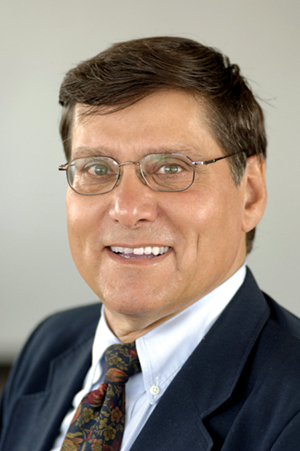Justice Minister Peter MacKay has been travelling the country this summer as he trumpets a victims bill of rights he’s bringing in this fall.

He talks mostly to people who see themselves as victims and want the government to do more for them. He’s also talking to police, judges, academics, sociologists, and correctional officials.
MacKay calls them stakeholders. He tells them he’s listening and puts on a convincing show at town hall meetings. When it comes to victims, he never tells them to get over it or try to accept the judgment of the court.
The victims bill of rights is a centrepiece for the Conservatives’ new crime legislation going into the next election.
Critics take another view. They say the effort is a bid to distract from the government’s darker side on justice issues: mandatory minimums, delayed parole rights, and former minister Vic Toews’ crusade to give police the right to search Internet files without warrants. Toews is gone but an altered version of the infamous bill could come back.
Our criminal justice system includes the accused on one side and a victim on the other. A defence lawyer acts for the accused and a prosecutor often deals with the victim.
During MacKay’s grand summer tour, victims aren’t in short supply. They tell McKay prosecutors don’t adequately represent victims and defence lawyers do their jobs too well. What they want is a third lawyer to represent victims in court.
“I’m not there yet,” said MacKay. The third lawyer, likely paid for by the state, “could cause further delays,” said MacKay in interviews.
There are enough delays in court already, he said. He cited the case of a man accused of child molestation whose case fell apart because it took the federal government 12 years to extradite him from an Asian country.
Still, MacKay’s schedule has been extremely busy and all of it without a military helicopter to transport him or any time off for a fishing trip. He was in Edmonton on July 25; Yellowknife on July 31; Moncton, N.B., on Aug. 7; Toronto on Aug. 13; Orillia, Ont., on Aug. 15; Saskatoon on Aug. 19; Winnipeg on Aug. 20; Charlottetown on Aug. 22; Halifax on Aug 23; and St. John’s, N.L., on Aug. 26.
“Giving victims of crime a more effective voice in the criminal justice and corrections systems continues to be a priority for our government,” said MacKay.
At every event, there’s an accompanying press release, pumped out by the same aide in Ottawa, rattling off the same record of achievements giving victims that same effective voice through changes such as replacing murderers’ 15-year wait time for parole with a 25-year timeline. MacKay doesn’t explain how this helps a victim no matter how much it may help fill jails.
MacKay wants to hold violent offenders accountable. But is that not already happening?
MacKay also vows to champion the rights of victims. Not once does he say the government will also champion the right of an accused to a fair trial and fight for the wrongfully convicted. Either those injustices simply don’t occur or somebody else must be taking care of them.
When the MacKay road show hit Winnipeg, a grieving mom, Carol de Delley, took part in the discussion. Her son, Tim McLean, died on a Greyhound bus in 2008 when Vince Li beheaded him while people watched from outside.
The court found Li not criminally responsible and confined him to psychological care. But like all mentally ill patients confined to care, he has a right to a review board hearing. (The review board hearings used to happen every two years, but Prime Minister Stephen Harper has now made it every three years.)
At the review board hearing, according to de Delley, Li’s lawyer “clearly stated” that “no crime was committed here.”
“Vincent Li is not a criminal?” she asked. “Does that make me a victim of crime or not?”
Actually, the court found Li not criminally responsible, which is why he gets medical treatment instead of a jail cell. The distinction between a crime and mental illness isn’t clear to everyone, especially those who see themselves as victims.
“When I think about the millions of dollars that they have spent on one offender and what they provide for victims, there’s a really, really big imbalance,” the CBC quoted de Delley as saying.
The concern here isn’t about reintegrating Li into society. “I’m more concerned with victims getting back their lives,” said de Delley.
MacKay says only that he’s listening. Later on a TV show, he said the victims bill of rights legislation would give victims “a greater sense of inclusion, respect, and dignity.”
Everybody keeps pushing him for details on how the government will do it. “Some of the practical elements that we’ll attach are guarantees of information,” he replied.
Is that all there is?
Richard Cleroux is a freelance reporter and columnist on Parliament Hill. His e-mail address is [email protected].

 He talks mostly to people who see themselves as victims and want the government to do more for them. He’s also talking to police, judges, academics, sociologists, and correctional officials.
He talks mostly to people who see themselves as victims and want the government to do more for them. He’s also talking to police, judges, academics, sociologists, and correctional officials.